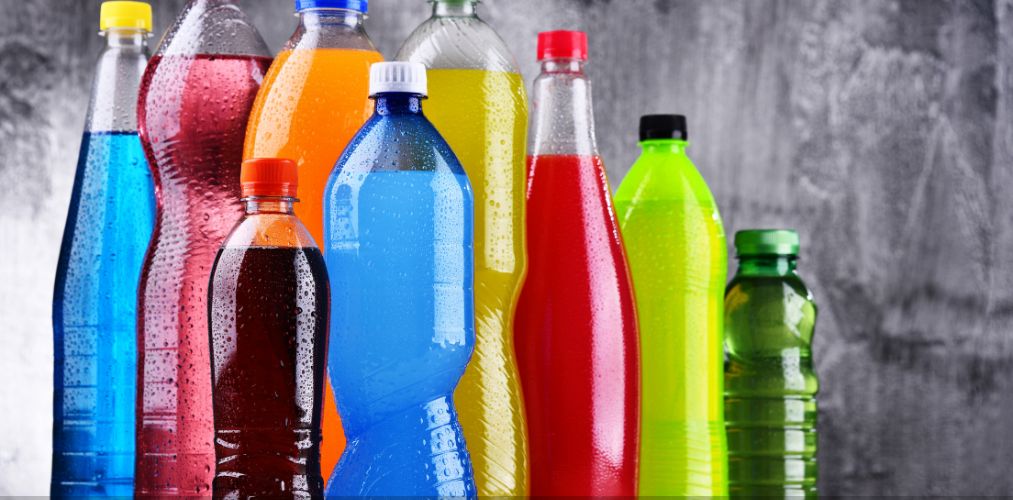Avoid These Drinks for Better Health
Eosinophilic esophagitis (EoE) happens when a type of white blood cell called eosinophils collects in the esophagus, causing it to become inflamed. This can make swallowing hard and cause discomfort. Managing EoE means taking medicine and making changes to your diet. What you drink can really affect how you feel; let's take a look.
Worst Drinks for EoE
Certain drinks can trigger symptoms or worsen inflammation in individuals with EoE. Avoiding these beverages can help manage the condition more effectively.
Alcohol
Alcohol can irritate the esophagus lining and lead to increased inflammation. It also disrupts the balance of stomach acids, making symptoms worse.
Caffeinated Beverages
Drinks like coffee and energy drinks contain caffeine, which can irritate the esophagus and increase acid reflux, exacerbating EoE symptoms.
Carbonated Drinks
Sodas and sparkling waters can cause bloating and discomfort, which can aggravate EoE symptoms.
Sugary Drinks
High-sugar drinks, including some fruit juices and sweetened beverages, can increase inflammation and lead to other health issues that worsen EoE.
Citrus Juices
Orange juice, lemon juice and other citrus beverages are highly acidic and can irritate the esophagus, making symptoms worse.
Spicy or Hot Drinks
Beverages that are too hot or spicy can irritate the sensitive lining of the esophagus and trigger symptoms.
Artificially Sweetened Drinks
Some artificial sweeteners might negatively impact gut health, which is crucial for managing EoE.
Processed Fruit Drinks
These often contain added sugars and artificial ingredients that can contribute to inflammation.
Best Drinks for EoE
Choosing the right drinks can help soothe the esophagus and reduce symptoms.
Water
Staying hydrated is essential. Plain water is gentle on the esophagus and helps flush out irritants.
Herbal Teas
Non-caffeinated herbal teas like chamomile or ginger can be soothing and reduce inflammation.
Smoothies with EoE-Friendly Ingredients
Smoothies made with non-citrus fruits and vegetables can be a nutritious option. Use ingredients like bananas and avocados that are less likely to irritate the esophagus.
Non-Citrus Juices
Juices from apples or pears, as long as they are not overly sweetened or processed, can be gentle alternatives.
Bone Broth
This can be soothing and provides essential nutrients that support overall health.
Diluted Almond Milk
If dairy is problematic, almond milk can be a good alternative. Ensure it's not too sweetened or flavored.
Coconut Water
This is hydrating and less likely to irritate compared to acidic drinks.
Treatment Options
Managing EoE typically involves a combination of treatments and dietary changes:
Medications
Treatments like corticosteroids (e.g., fluticasone or budesonide) can help reduce inflammation in the esophagus. These are often taken as oral suspensions or inhalers.
Dietary Adjustments
Identifying and avoiding food triggers through an elimination diet can significantly improve symptoms. Consulting with a dietitian can help in making appropriate dietary choices.
Proton Pump Inhibitors (PPIs)
These medications reduce stomach acid production, which can help alleviate some of the symptoms associated with EoE.
Swallowing Therapy
In some cases, working with a speech therapist to improve swallowing techniques may be beneficial.
Esophageal Dilation
If the esophagus becomes narrowed, a procedure to widen it might be necessary.
EoE and Your Drink Choices
By making mindful choices about what you drink and following your treatment plan, you can better manage EoE and improve your quality of life. Always consult with your healthcare provider to tailor the best approach for your individual needs.
Read on to learn more about the worst foods for EoE.

